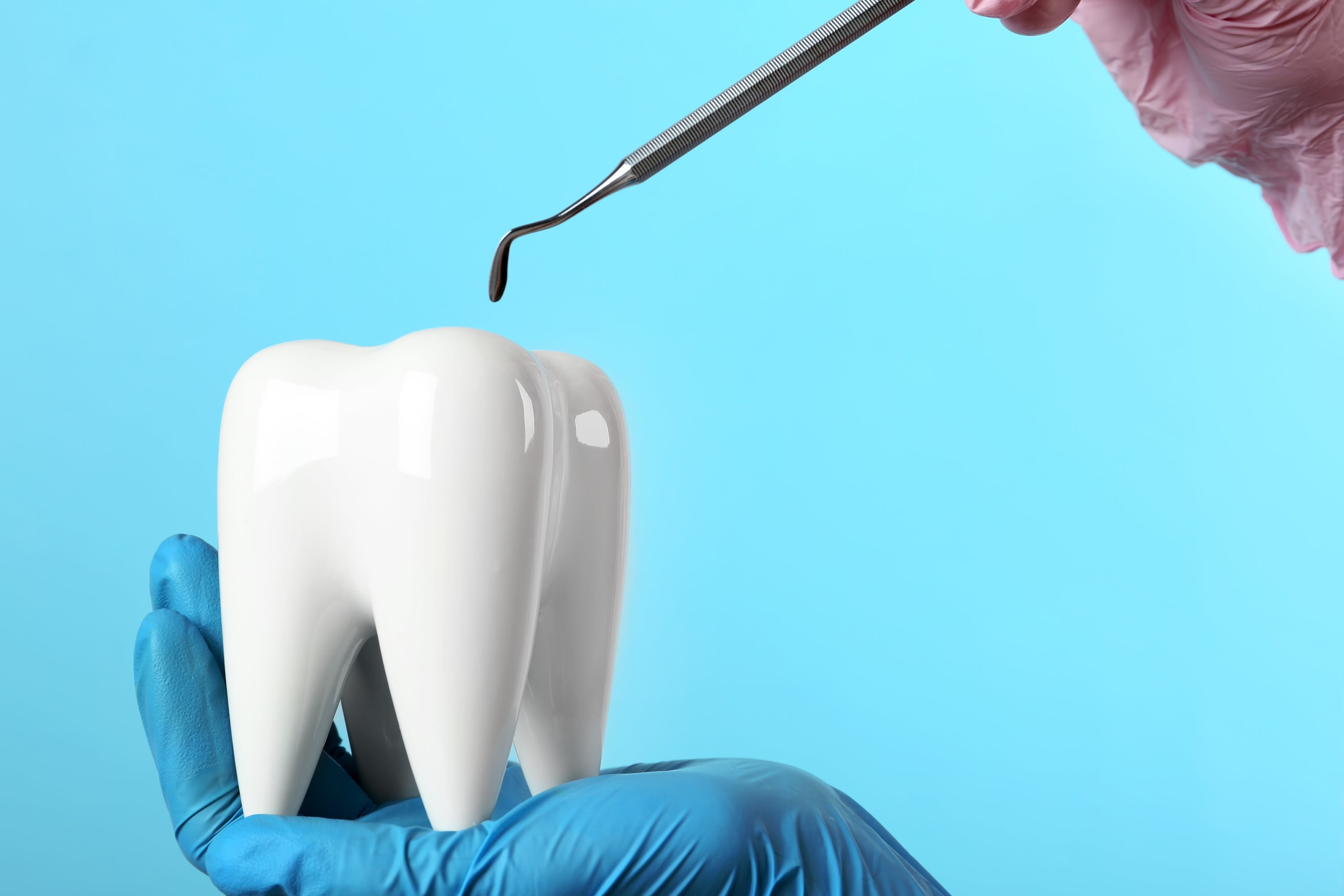How strong are human teeth ?

Human teeth are quite strong, especially when considering their small size and function. The enamel, which is the outermost layer of the tooth, is the hardest and most mineralized substance in the human body. Here are some key facts about the strength of human teeth:
1. Enamel Strength:
- Hardness: Enamel ranks high on the Mohs scale of hardness at about 5 (similar to steel), meaning it's highly resistant to wear and damage.
- Mineral Content: Enamel is composed of approximately 96% mineral (primarily hydroxyapatite), which makes it incredibly hard and resilient.
2. Biting Force:
- The average human can generate a bite force of about 200-250 pounds per square inch (psi), but this can vary widely. Some people can exert over 500 psi during clenching or chewing.
- Teeth are designed to withstand repeated forces from chewing and biting over a lifetime. The molars, which do most of the grinding, are particularly strong.
3. Durability:
- Teeth are capable of enduring daily wear from chewing food for decades. However, they are vulnerable to damage from excessive force (like biting hard objects), decay (from acidic and sugary foods), and habits like grinding (bruxism).
4. Resistance to Decay:
- While enamel is strong, it’s also vulnerable to acids produced by bacteria from sugar and starches, which can break down the enamel and lead to cavities. Unlike bone, enamel doesn’t regenerate once it’s worn or damaged.
Overall, human teeth are impressively strong, but they still require care to maintain their strength and functionality. Regular brushing, flossing, and dental check-ups are essential to prevent damage and decay.








